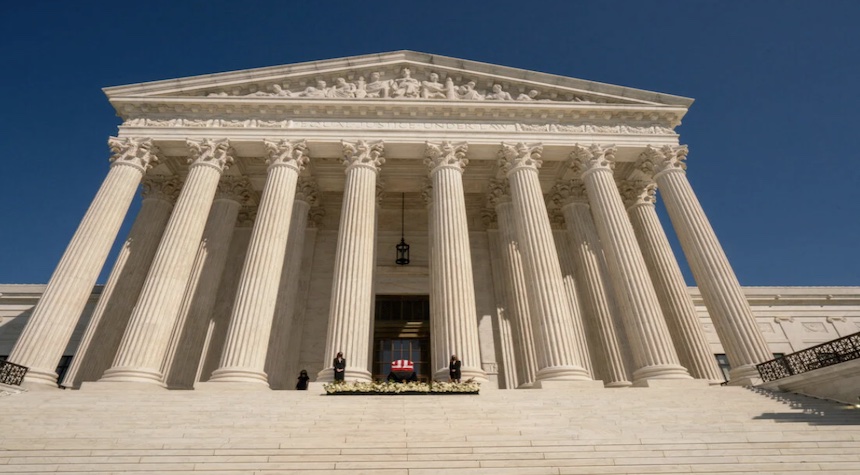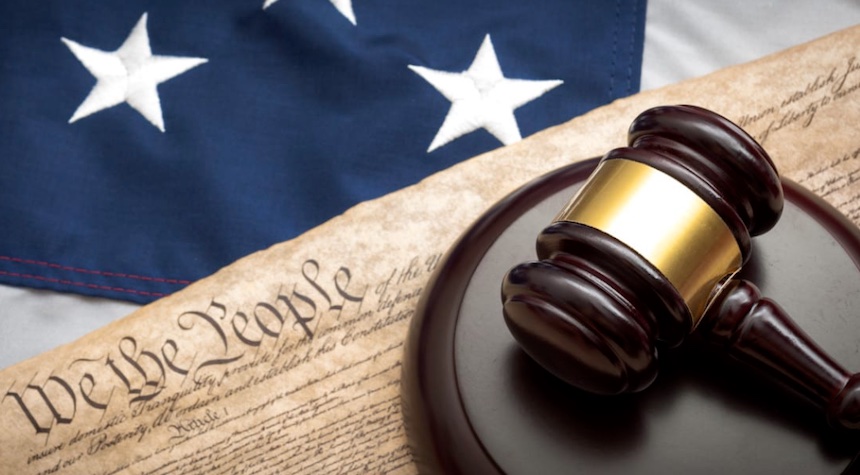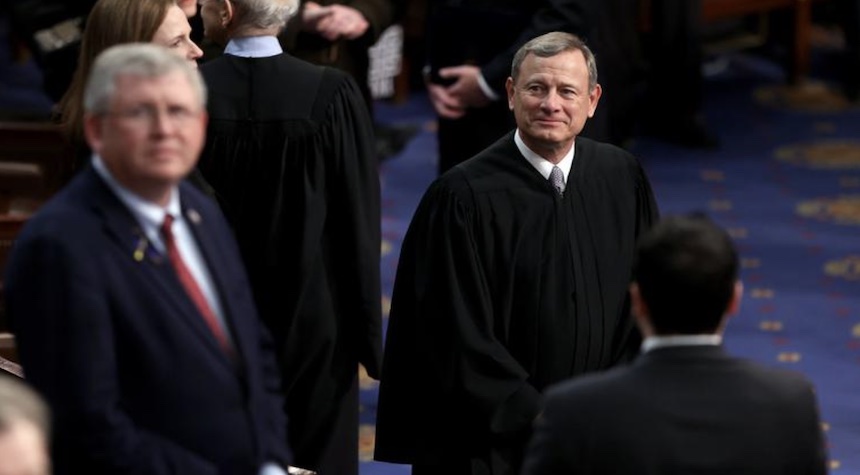The US Supreme Court will hear a little-discussed case in October that could blow up much of the current tax laws and torpedo Joe Biden’s proposed “billionaires tax” before the House of Representatives has a chance to kill it.
Charles and Kathleen Moore, in 2005, invested $40,000 into an Indian company named KisanKraft. The business sold power tools to Indian Farmers in exchange for 13% equity. The company was profitable every year. It was a great investment. The profits were reinvested into the company, and no distributions were made to equity holders. The Moores’ 13% equity stake increased in value but they did not receive any income.

The Moores were normally required to pay a tax bill when they sold their business share or began receiving a portion of profits. In 2017, the Tax Cuts and Jobs Act was passed. This meant that investors in foreign corporations like the Moores were subject to a “repatriation tax” on profits earned overseas. Profits were calculated based on increased investment value, even though the asset wasn’t sold. I will not tell you who was in control of the Executive Branch and both Houses of the Legislative Branch at the time this law was passed.
The Moores received a tax bill of $14,729 as a result. The Moores paid the bill but then sued the federal government for a violation of the 16th Amendment.
Congress has the power to levy and collect taxes from all sources of income, without regard for apportionment between States or any enumeration.
Moore’s theory is very simple. The Constitution’s Article 1, Section 9, clause 4 reads as follows:
No direct tax, such as capitation or similar, shall be levied unless it is proportional to the census or enumeration that has been directed.

Income has always been defined as income, even though the 16th Amendment allows for an income tax. The 2017 bill, introduced by Texas Republican Kevin Brady, taxes unrealized profit as a direct and not divided among states. This tax is illegal. Supreme Court precedent appears to be in agreement. The Supreme Court in Eisner v. Macomber, (1920), ruled that:
The Court based its conclusion that stock dividends are not income on Pollock [v. Farmers’ Loan & Trust Co.] in order to determine that the tax is a direct one.
The Moores were defeated in district court, and then again by the Ninth Circuit.
It’s not just that the US tax code has changed.
The court is faced with a tough question: Under the 16th Amendment, can this tax be imposed on foreign profits which shareholders have never received? Since 1920, the Supreme Court has held that income must “clearly be realized” in order to be taxed. The U.S. Tax Code is rife with taxes on unrealized earnings.

The main principle of partnership tax is that partners pay tax on income they are allocated for tax purposes even if they do not receive it. In 1938, less than three decades after the 16th Amendment had been ratified, the Supreme Court confirmed this principle. To prevent aggressive tax avoidance, the United States taxed passive and highly mobile overseas income from corporations controlled by U.S. investors, regardless of whether the income was distributed to the shareholders. The TCJA’s mandatory repatriation taxes fit into this existing international tax system.
Small case with a massive impact
The “gray zone” is just another way we try to justify a f**ked-up action that we want to do. Almost everything is black and white. It’s hard to obey the Constitution when you want to do things that are unconstitutional. You can rationalize the locking down of communities in a variety of ways. Just because it has been done before does not mean that we should continue to do so.

Joe Biden’s attempt to blame any American wealth will have the biggest impact on this decision. Biden’s fiscal proposal for FY2024 includes a tax of 20% on unrealized gains. The Moores were the same. This tax would be imposed on households with a net worth of over $100 million. If you start a trucking business with just one rented truck and build it up to the point where you exceed the threshold for net worth, you may owe a quarter of the value of the company no matter how much money you have.
Words have meaning. At least, they did before Harry Blackmun declared abortion to be health care. Anthony Kennedy deemed homosexuality to fall under the “realms of personal freedom” and John Roberts said Obamacare is not a tax.
The Supreme Court must use this opportunity to restate two precedents that support the black-letter words in the Constitution and the English language. Taxing people for money they didn’t earn is outrageous. It is a betrayal to allow the government to confiscate wealth.


